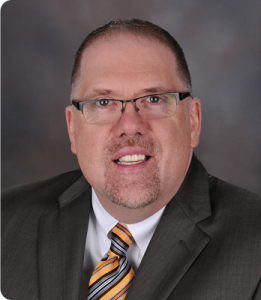Meanwhile … back in Washington, DC.
Yes, I’m back in the nation’s capital. I know from a distance it seems as though too little is getting done, but the reality is that policy change is not the short game, it’s the long – sometimes very long – game.
Children’s Home Society of Florida is part of a Congressional briefing entitled An Overburdened System: How Child Welfare is Responding to the Opioid Crisis. The event is being hosted by Children’s Home Society of America, and our very own Representative Kathy Castor from Florida’s 14th Congressional district covering Tampa is one of the legislative sponsors of the event in the U.S. House.
We’ll put some brutal facts on the table: alarming, year-over-year increases in foster care, a shortage in foster homes, growing costs and mounting pressure on a system far too reactive, crisis driven and siloed. Sadly, we’ve been here before. During the 90s, foster care caseloads climbed sharply in response to the crack cocaine epidemic that ravaged urban communities throughout the country.
We’ll highlight real solutions, and major changes on the policy and funding front that suggest we may actually be applying some of the lessons we’ve learned from our mistakes.
Child welfare is starting the long journey of moving further upstream, increasingly challenging ourselves to take a public health approach to child abuse and neglect. This means understanding the futility in blaming the victim. It also means designing responses less crisis-driven and more intentional about root causes. Finally, it means a practice and funding model that integrates our service approach to include the whole family.
Last month, with passage of the Family First Prevention Services Act (FFPSA), these efforts gained meaningful momentum. Federal funding is now available for providing behavioral health, substance abuse and parent capacity-building services while children remain safely in their homes. While this isn’t perfection, it is real progress.
FFPSA changes a core federal financing policy dating back to the origins of the entitlement policy in 1980: waiting for a child to enter foster care before providing resources to needed to respond to abuse and neglect. This paradigm shift didn’t occur over night. Serious conversations started as early as 2012. But today we have a real opening to rethink how we can disrupt the crushing cycle of child abuse and neglect. And that’s why I’ll be joining my colleagues in Washington DC this week – we’re taking another hill.
We’re making a case that the current shortage in foster homes can be countered by strengthening the capacity and supports for relatives stepping in to parent for their sons, daughters, brothers and sisters. We’re reminding policy makers that the opioid crisis has ensnared both children and parents who will rely on Medicaid as they recover and heal from the debilitating disease of substance abuse. Finally, we’ll advocate for bringing additional resources such as training and in-home supports to those foster parents who rise every single morning to be there for a child.
We won’t see legislative and policy victories by the end of the week. Nor by the end of this Congress. Systems change is all about the long view, and that’s been the hallmark of CHS’ 115-year history. Putting our stake in the ground and not giving up until we’ve made progress and can move on to the next challenge.
More to come, I promise.









